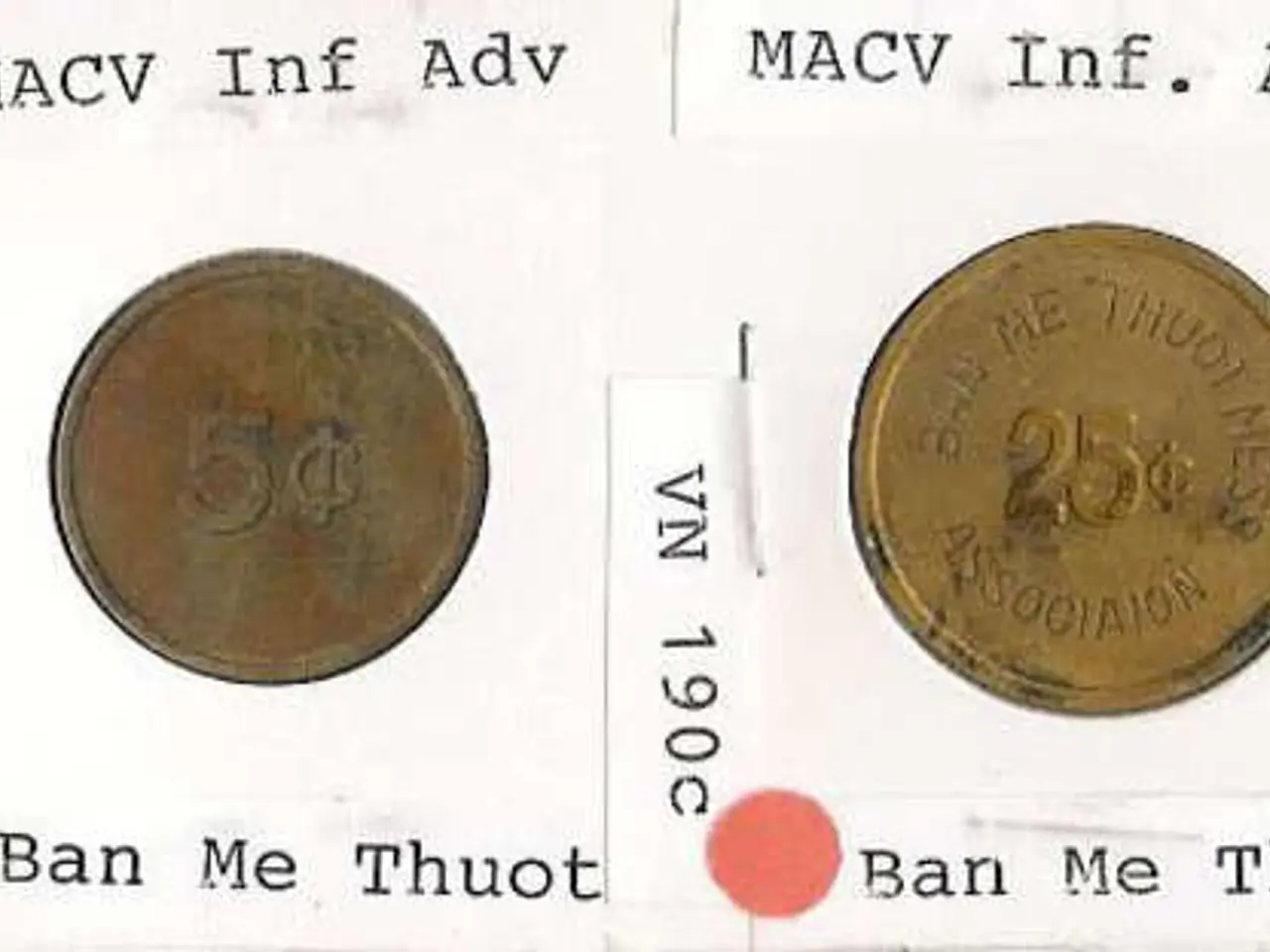IRS granted authority to obtain Coinbase user data without the need for warrants through a summons.
In a significant decision that could have far-reaching implications for digital privacy, tax enforcement, and regulatory oversight, the U.S. Supreme Court has declined to hear an appeal from Coinbase user James Harper, effectively allowing the Internal Revenue Service (IRS) to access data from the cryptocurrency exchange's users.
The 2020 lawsuit filed by Harper alleged that the IRS's data request constituted an unreasonable search and seizure, infringing on his Fourth Amendment protections. However, the courts argued that individuals have no reasonable expectation of privacy when voluntarily submitting data to third-party services.
The IRS's 2016 summons sought data on all Coinbase users who might have misreported crypto income. The Supreme Court's decision reaffirms the IRS's authority to obtain user data from centralised crypto exchanges without needing individualised warrants.
This ruling upholds the IRS's ability to use a "John Doe" summons to obtain records en masse from cryptocurrency exchanges like Coinbase. This legal tool permits the IRS to investigate potential tax evasion by accessing large datasets without needing individualised warrants.
The decision confirms that Fourth Amendment privacy protections are limited when data is held by financial intermediaries. This echoes the precedent in United States v. Miller, meaning that users' transaction data stored by Coinbase can be legally accessed by the government without violating the Fourth Amendment.
Coinbase and privacy advocates warn this ruling could lead to broad surveillance of cryptocurrency transactions. Coinbase expressed concerns that the government could trace and monitor every user's crypto activity, which may erode user trust and chill digital financial innovation.
However, the Court emphasised the IRS's role in enforcing transparency and tax compliance, highlighting a necessary balance between individual privacy and legitimate regulatory oversight in a rapidly evolving financial ecosystem.
This decision sets a durable legal precedent that could shape future regulatory and privacy standards within the cryptocurrency sector and beyond. It alerts stakeholders to the need for carefully crafted policies that safeguard privacy rights while enabling effective tax oversight.
The ruling may further normalise broad surveillance powers across financial and tech platforms, setting a precedent for expansive government access to user data. It remains to be seen how this decision will influence future legal battles over financial privacy and regulatory oversight in the digital age.
- The Supreme Court's decision allows the Internal Revenue Service (IRS) to legally access user data from centralized crypto exchanges like Coinbase, such as token transactions, without needing individualized warrants.
- This ruling in the Coinbase case confirms that Fourth Amendment privacy protections are limited when data is held by financial intermediaries like exchanges, including DEX and CEX.
- Privacy advocates and Coinbase warn this ruling could lead to broad surveillance of cryptocurrency transactions, potentially eroding user trust and chilling digital financial innovation.
- As the IRS uses a "John Doe" summons to obtain records en masse from cryptocurrency exchanges, the decision sets a precedent that could shape future regulatory and privacy standards within the crypto sector, and across other financial and tech platforms, influencing legal battles over financial privacy and regulatory oversight in the digital age.




